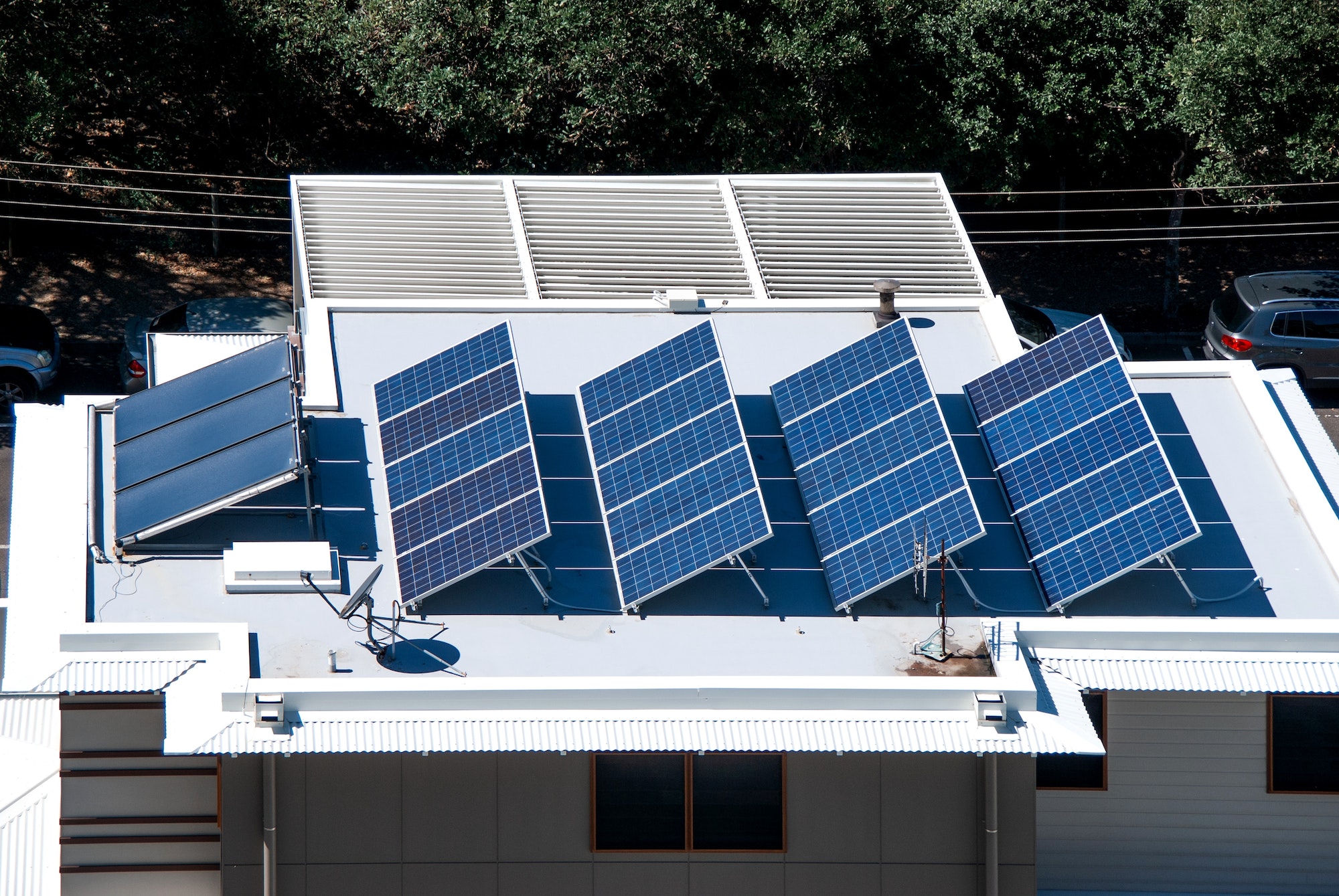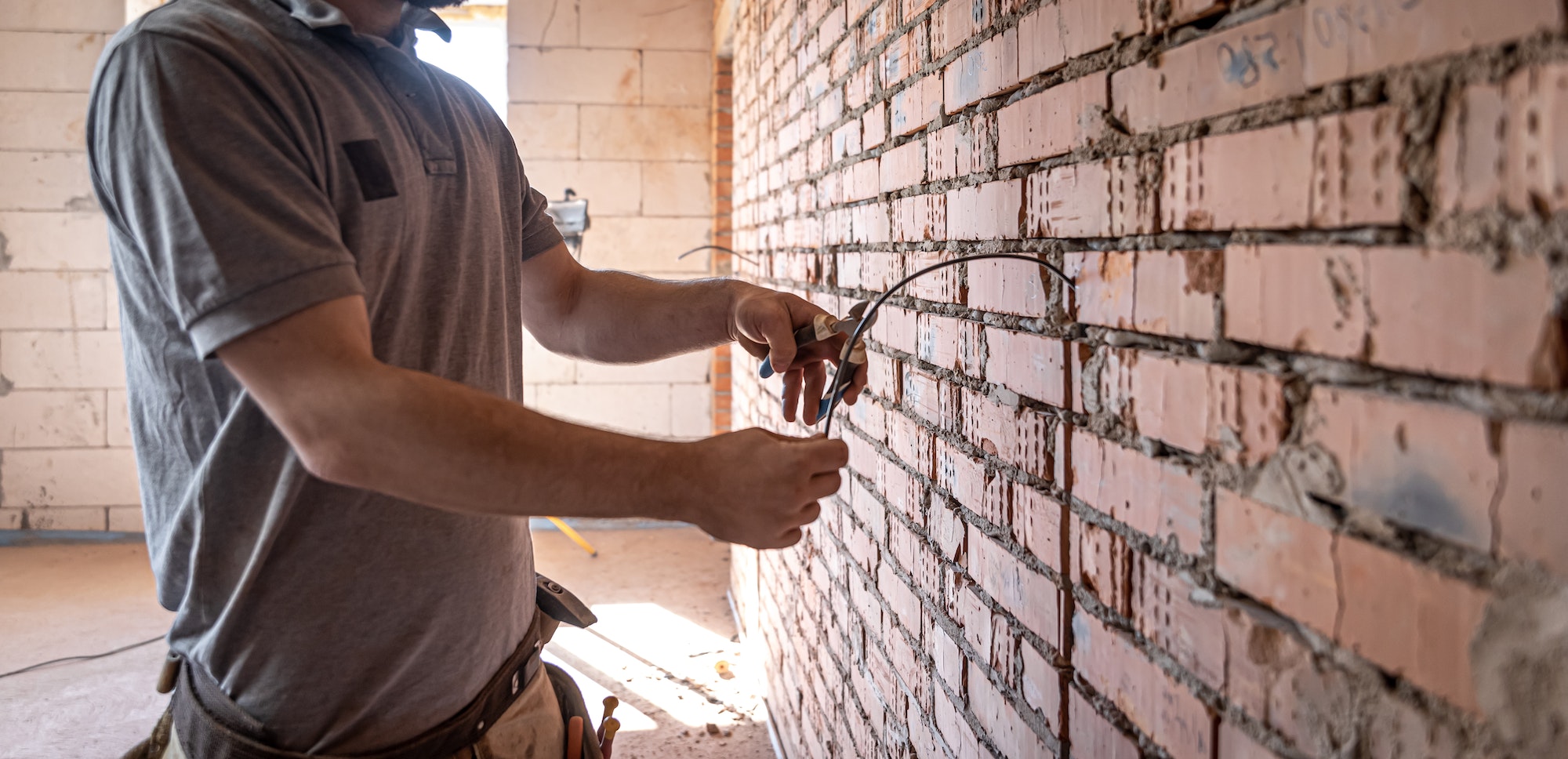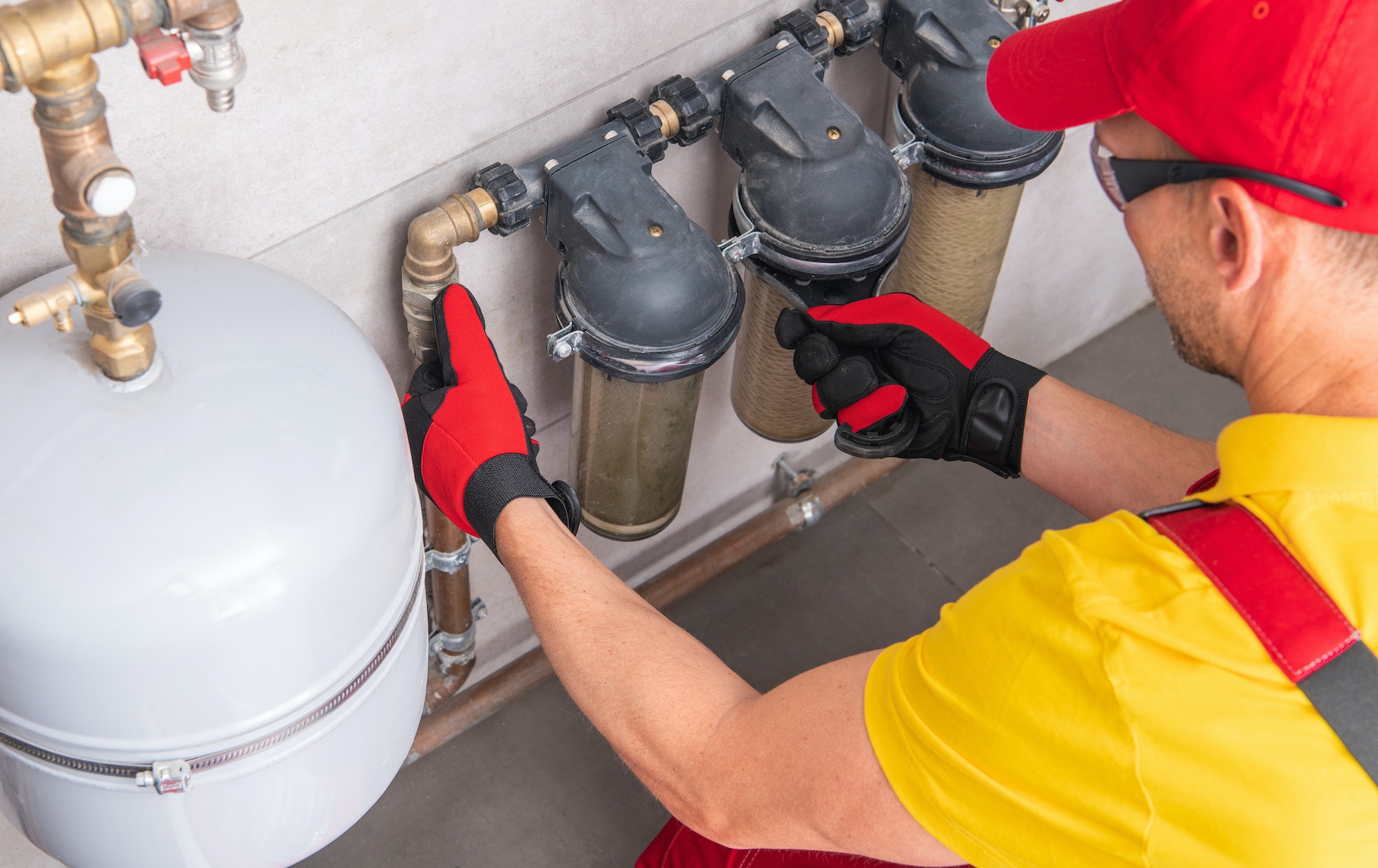Homeowners are exploring ways to reduce their carbon footprint and save on energy costs. One popular solution is investing in solar panels. Solar panels convert the sun’s energy into electricity, providing a clean, renewable source of power for homes.
Advantages of Investing in Solar Panels for Your Home
Investing in solar panels for your home provides a clean and renewable source of energy, reducing your carbon footprint and contributing to a sustainable future. Additionally, it can increase the value of your home and save you money on monthly energy bills. The use of solar panels can also be seen as a sign of environmental responsibility, making your home more appealing to buyers.
Cost-Benefit Analysis of Installing Solar Panels
When deciding on whether to invest in solar panels, consider the costs and potential benefits. On average, the cost of installing solar panels in the US ranges from $11,000 to $14,000. However, the cost-effectiveness of solar panels varies depending on the amount of sunlight a state receives. Sunny states like Florida, California, Arizona, and Hawaii tend to have higher cost-benefits due to the abundance of sunlight.
In sunny states like Florida, the average energy generated from solar panels can be significantly higher compared to other regions in the US. This is due to the abundant sunlight and favorable weather conditions in these states. As per data from the National Renewable Energy Laboratory (NREL), the average solar panel system in Florida can produce around 1,500 kilowatt-hours (kWh) of electricity per year, which is around 40% more compared to the national average. This high energy generation from solar panels makes them an even more cost-effective solution for homeowners in Florida
This cost can be offset by savings on monthly energy bills and government incentives or tax credits. It is important to also consider these state-specific factors when conducting a cost-benefit analysis for installing solar panels..
Factors to Consider Before Investing in Solar Panels
Your roof’s orientation and shading – Consider the location of your home, the amount of sunlight it receives, and the orientation and shading of your roof. Panels that face south and have minimal shading tend to produce more energy.
Panel efficiency – Different solar panels have different efficiencies, which can affect the amount of energy they produce. When choosing panels, consider your household’s energy usage.
Panel warranty – Look into the warranty offered by the panel manufacturer, as this will give you an idea of the panel’s expected lifespan and the manufacturer’s confidence in the product.
Installation process – The installation process can impact the panels’ performance, so consider the experience and credentials of the installation company.
Grid connectivity – In some cases, you may need to connect your panels to the grid, so it’s important to understand any requirements or restrictions in your area.
Local regulations – Make sure you understand any local regulations or restrictions that may impact your ability to install solar panels, such as zoning or homeowner association rules.
The Impact of Solar Panels on Your Home’s Value and Energy Bills
Installing solar panels on your home can have a positive impact on both the value of your property and your monthly energy bills. Here’s how:
Home Value: Studies have shown that homes with solar panels often sell for more compared to those without. This is because solar panels are seen as a desirable feature by many homebuyers, as they demonstrate a commitment to sustainability and energy efficiency. In addition, having a clean and renewable source of energy can make your home more attractive to potential buyers.
Energy Bills: By generating electricity from the sun, solar panels can significantly reduce your monthly energy bills. The amount of money saved will depend on several factors, including the size of your solar panel system, the amount of electricity you use, and the cost of electricity in your area. It’s also important to note that some states offer incentives, such as tax credits, that can further reduce the cost of installing solar panels. For a home with solar panels, energy becomes a low- or no-cost factor in the monthly budget.
The subsequent effect is less draw on the local, regional, or national grid. Sunny areas like Florida are blessed with a lot of suns and they should take this as an advantage. If you are looking for a great partner to finally transition to solar energy, you should take a look at this solar energy company from Hollywood Florida. There are also tax and other benefits that come with upgrading to a solar panel system!
The Maintenance and Upkeep of Solar Panels
Proper installation is crucial to the performance of solar panels. It is important for homeowners to look for a reputable and experienced solar installation company in Florida to ensure that their panels are installed correctly and to minimize the need for maintenance and repairs in the future.
Investing in panels for your solar home requires minimal maintenance and has a lifespan of 25-30 years. Panels should be kept clean, and inspected regularly, and any damage should be repaired promptly. The inverter and other components should also be checked regularly to ensure proper functioning. Regular maintenance can help extend the lifespan of the panels.
So, Is Investing in Solar Panels Right for Your Home?
Investing in solar panels for your home is a great choice for those who want to save on energy costs, reduce their carbon footprint, and increase the value of their home. With government incentives and advances in technology, solar panels are more affordable and efficient than ever before. However, it’s important to consider your personal energy needs and budget when deciding whether investing in solar panels is the right choice for you.
Discover more from Futurist Architecture
Subscribe to get the latest posts sent to your email.



![modern apartment [article_title]](https://www.futuristarchitecture.com/wp-content/uploads/2025/03/Cozy-Lighting-Ideas-That-Will-Make-Your-Apartment-Feel-Like-900x600.jpg)